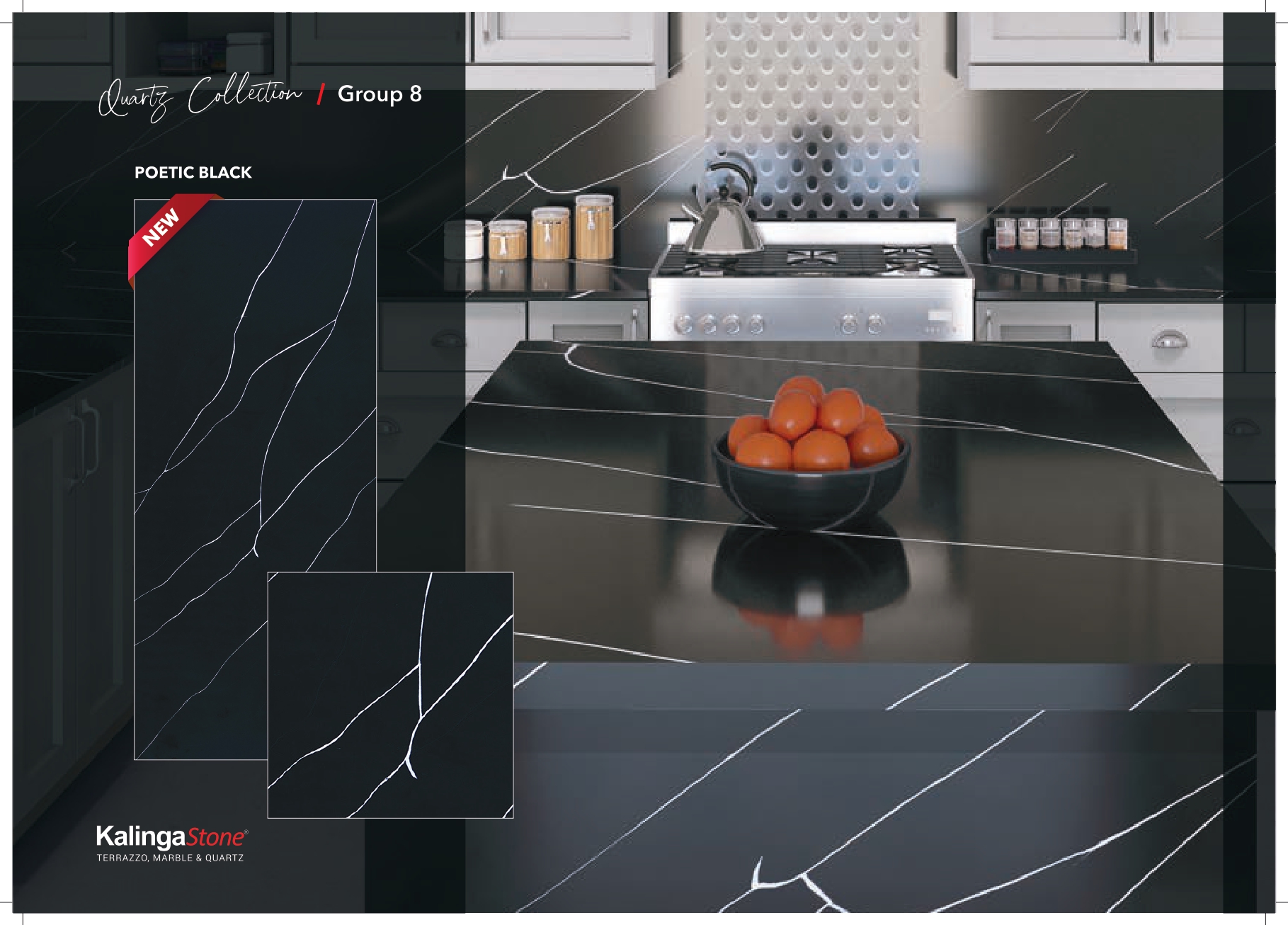Quartz: An Eco-Friendly Option For Countertops
The world of interior design and home renovation has been making great strides in search of sustainable and ecological building materials like Quartz.
More and more homeowners opt for options that beautify their spaces and still maintain the natural balance of the environment. Among a number of multifunctional and eco-friendly materials for countertops, quartz appears the most widely recognized.
What is Quartz?
Quartz is a mineral found in abundance in the Earth’s crust. It is composed of silicon and oxygen atoms and boasts high durability, as well as hardness.
Quartz countertops are engineered by mixing resins, polymers, pigments, and natural quartz crystals together, they still preserve the intrinsic properties that make them a highly sought-after material.
How is Quartz Eco-Friendly?
There are several main points regarding production and lifecycle that give quartz countertops environmental friendliness.
1. Sustainable Sourcing
As one of the most abundant minerals on earth, it makes sense to use quartz as a countertop option because it is renewable.
Unlike other types of stones that result in extensive quarrying activities, environmentally friendly quartz can be ethically sourced without causing huge damage to various habitats around mining sites.
Many manufacturers are committed to obtaining quartz from mines that follow ethical and sustainable practices.
2. Energy-Efficient Production
The manufacturing process of quartz countertops is designed to minimize waste and energy consumption. The combination of quartz crystals with resins is achieved using advanced technologies that optimize efficiency and reduce environmental impact.
Furthermore, some manufacturers utilize recycled materials in the production of quartz countertops, further lowering their ecological footprint.
3. Longevity and Durability
One of the most eco-friendly aspects of quartz countertops lies in their longevity. These countertops are incredibly durable, and resistant to stains, scratches, and impact.
Their robust nature ensures a longer lifespan compared to other materials, reducing the need for frequent replacements and, consequently, the environmental impact associated with manufacturing and disposal.
4. Non-Porous Nature
Quartz countertops are non-porous, meaning they do not absorb liquids. This characteristic makes them highly resistant to bacterial growth, reducing the need for harsh chemical cleaners that can be harmful to the environment. The low-maintenance nature of quartz contributes to a healthier indoor environment.
Which Quartz is Best for Countertops?
When choosing quartz for countertops, it’s essential to consider various factors such as color, pattern, and the manufacturer’s reputation. At Shree Balaji Marbles we offer a wide range of quartz options, allowing homeowners to find the perfect match for their aesthetic preferences and environmental values.
In conclusion, quartz countertops stand out as an eco-friendly option in the realm of home design. From their sustainable sourcing to energy-efficient production and long-lasting durability, quartz countertops align with the growing demand for environmentally conscious choices.
As homeowners increasingly prioritize sustainability in their living spaces, quartz emerges as a responsible and stylish solution for those seeking a green alternative for their countertops.
